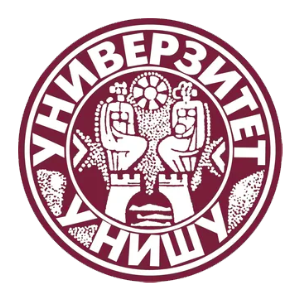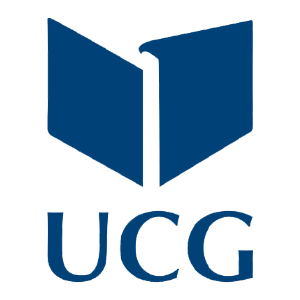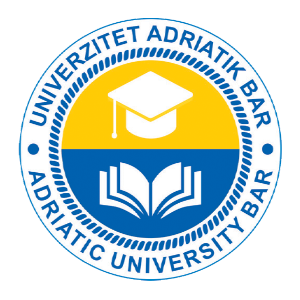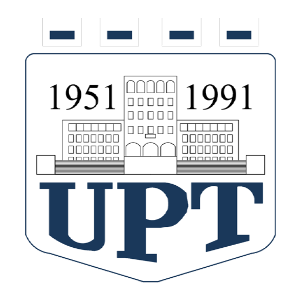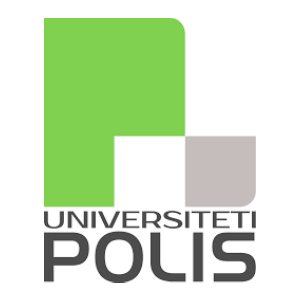Consortium
Project consortium consists of five HEIs from Programme Countries (PC), eight HEIs from WB countries (WBC) and three Associated partners (AP).
-
Univerza v Mariboru
Short name: UM
Country: Slovenia
PIC: 999903646 -
Polytechneío Krítis
Short name: TUC
Country: Greece
PIC: 924773848 -
Óbudai Egyetem
Short name: OE
Country: Hungary
PIC: 986279123 -
Politechnika Lubelska
Short name: LUT
Country: Poland
PIC: 998139313 -
Univerzitet u Nišu
Short name: UNI
Country: Serbia
PIC: 998833736
-
University of Mitrovica
Short name: UPKM
Country: Kosovo*
PIC: 951280553 -
Univerzitet u Sarajevu
Short name: UNSA
Country: Bosnia and Herzegovina
PIC: 995549995 -
Univerzitet u Istočnom Sarajevu
Short name: UES
Country: Bosnia and Herzegovina
PIC: 995607904 -
Univerzitet Crne Gore
Short name: UOM
Country: Montenegro
PIC: 999836328 -
Univerzitet "Adriatik" Bar
Short name: AUB
Country: Montenegro
PIC: 907862092 -
Universiteti Politeknik i Tiranës
Short name: UPT
Country: Albania
PIC: 999847774 -
Universiteti POLIS
Short name: UPOLIS
Country: Albania
PIC: 954870232 -
International Business College Mitrovica
Short name: IBCM
Country: Kosovo*
PIC: 915740529
-
Agencija za bezbjednost saobraćaja Republike Srpske
Short name: TSARS
Country: Bosnia and Herzegovina
PIC: 908222738 -
NAFTAGAS - Naftni servisi
Short name: NAFTAGAS
Country: Serbia
PIC: 941220295 -
Agencija za bezbednost saobraćaja
Short name: ABS
Country: Serbia
PIC: 958812312
In general:
PC partners will provide academic expertise, transfer of knowledge, expertise for implementation of the Bologna system based on ECTS and mobility, monitoring and peer review. The roles of PC will be more significant in the development phase of the project activities due to their experience and skills in education, on one hand, and project experiences on the other hand.
WB HEIs will improve the level of student competences and skills through modernization/development of Undergrad/Master studies curricula, increase the level of teaching staff expert and language skills, increase awareness of public sector on risks related to TDG and improve skills of TDG professionals through trainings devoted to them.
Specifically, the WP1 – Work Package 1: Project management will be led by UPKM, the WP2 Introduction with key issues for TDG‖ by UM, the WP3 Development of TDG Curricula and Laboratories‖ by OE, the WP4 Development of trainings for TDG professionals by the LUT, the WP5 Implementation TDG Curricula and Trainings by AUB, the WP6 Quality Assurance and Monitoring by UNI, the WP7 Dissemination and Exploitation by UPKM.
UPKM has two remote units in so-called Serbian enclaves, one located in Strpce municipality and another in Gnjilane municipality. In both units, students attend study program Transport and Traffic Engineering. Classes in these units are organized in a hybrid way, through live classes and online sessions. Teaching staff is transported by road every working day, according to the class schedule to those units. For laboratory classes, students are transported to the University headquarters in Kosovska Mitrovica. Faculty has provided all the necessary ITC equipment for smooth implementation of teaching process.
Distribution of tasks among partners have been made in accordance with qualifications of partner institutions taking into account references of experts from relevant partner institutions, as well as implementation of specific activities in institutions, which can contribute to the transfer of practical experiences in implementation of specific project activities. In accordance with the abovementioned, WPL are appointed. Allocation of human resources follows basic goals of project WPs in order to obtain the most reliable results in the project outcomes. Allocation of financial resources is based on implementation of mentioned project activities. Because of this, every WPL is allocated with an adequate additional number of days, proportionally to its increased volume of work necessary to accomplish the relevant project activity.






